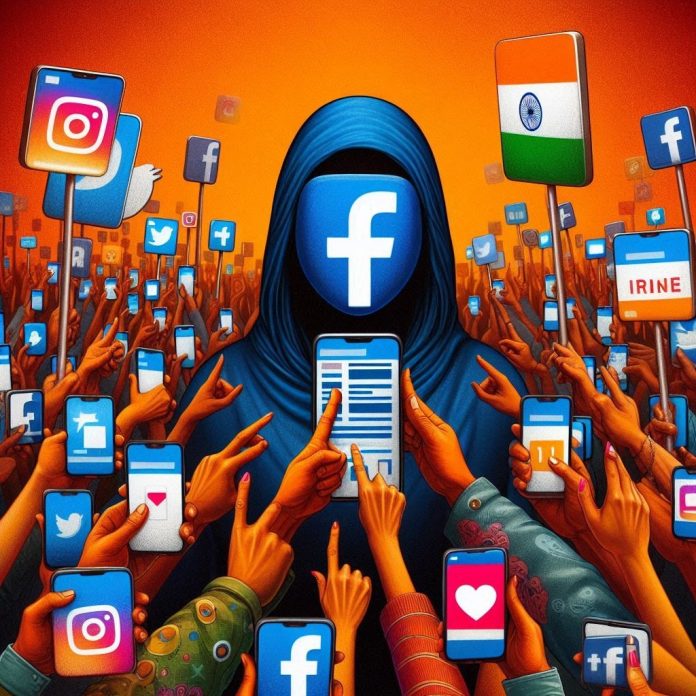🚫 India Blocks Social Media Channels Amid Rising Tensions: A Step to Counter Misinformation
In the wake of the recent terrorist attack in Pahalgam, Jammu & Kashmir, the Indian government has taken a stern step by intensifying its crackdown on certain social media accounts and content deemed harmful to national security and public sentiment.
One of the most significant moves was the blocking of access to the official YouTube channel of Pakistan’s Prime Minister Shehbaz Sharif—for users within India. This action is part of a broader digital security strategy aimed at preventing the spread of misinformation, inflammatory content, and cross-border propaganda during a sensitive period.
🌐 Why Is This Happening?
Whenever there are national security threats or communal tensions, social media platforms can become battlegrounds for misinformation, fake news, and emotionally charged narratives. In this digital age, a single post can reach millions within minutes—shaping perceptions, sparking unrest, or deepening divisions.
The government, therefore, is using its powers under the Information Technology Act, 2000 (Section 69A) to restrict access to certain online content that may:
- Threaten public order
- Incite violence or unrest
- Spread anti-India propaganda from foreign sources
- Interfere with ongoing investigations or security operations
🧠 Disinformation: A New-Age Weapon
India has witnessed how disinformation campaigns can damage public trust, confuse facts, and worsen crises. False videos, edited news clips, and misleading posts can quickly polarize communities, especially in regions like Kashmir.
Blocking access to such content is an attempt to safeguard the emotional and political stability of the country, even though it raises questions about:
- Freedom of expression vs national security
- The need for transparent criteria for content takedowns
- Tech platform accountability in preventing misuse
🎯 What Should Citizens Do?
- Verify information before sharing it
- Follow credible news sources and fact-checkers
- Understand that not all online content is harmless—especially during national crises
- Support efforts that balance freedom with responsibility
This incident is a reminder that media literacy and digital awareness are as important as physical security. As India navigates complex global and internal challenges, managing the digital narrative has become a crucial part of national defense.









